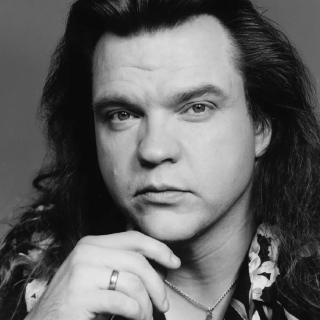Upcoming concerts in Cebu City 2024
Find concerts, live music, festivals and tour dates near Cebu City: buy tickets for 2024/2025 shows.
Popular cities for live music and concerts, Philippines:
Quezon City Manila Caloocan City Budta Davao Malingao General Santos Taguig Pasig CityAbout Cebu City
MUSIC
Cebu, a province in the Philippines, resonates with Traditional Visayan music, characterized by indigenous instruments like the kulintang and the kubing, which is celebrated during festivals such as the Sinulog Festival. Cebu is also a hub for contemporary music, like OPM (Original Pilipino Music), pop, rock, and hip-hop, with local bands performing in popular venues like The Social and the 22nd Street Comedy Cafe. The city hosts music festivals like the Cebu Music Fest, showcasing a mix of local talents and international artists. Cebu's nightlife in areas like Mango Square comes alive with bars, clubs, and karaoke joints, offering diverse musical experiences for locals and tourists alike.
Cebu, often dubbed as the "Queen City of the South," is a vibrant cultural and economic center in the Philippines, along with Manila and Quezon City. Cebu has produced bands and artists who perform live music, covering genres from rock and reggae to pop and acoustic that have gained recognition within the country and even internationally. Artists like Davey Langit, Kyle Echarri, and Junior Kilat have made waves in the Philippine music scene with their catchy tunes. Urbandub, a rock band originally from Cebu, gained national acclaim for their alternative rock, making significant contributions to the country's rock music scene.
CULTURE
The province is steeped in historical significance, with landmarks such as Magellan's Cross and Fort San Pedro reflecting its colonial past. Cebu is known for its rich religious heritage, with centuries-old churches like the Basilica Minore del Santo Niño and the Cebu Metropolitan Cathedral attracting pilgrims and tourists. The province's culinary scene, featuring local delicacies like lechon and danggit, offers a delightful culinary adventure.
HISTORY
It was in Cebu where the explorer Ferdinand Magellan arrived from Spain in 1521, marking the beginning of Spanish colonization in the Philippines. The province played a pivotal role in the spread of Christianity, with the planting of the Santo Niño, an image of the child Jesus, symbolizing the country's conversion to Catholicism. Cebu became a thriving trade center during Spanish rule, leading to the construction of significant structures and the establishment of vibrant communities. Today, Cebu stands as a bustling metropolis and a cultural treasure trove, where historical landmarks and modern developments coexist.
.jpg)
.jpg)

.jpg)
.jpg)

.jpg)
.jpg)
